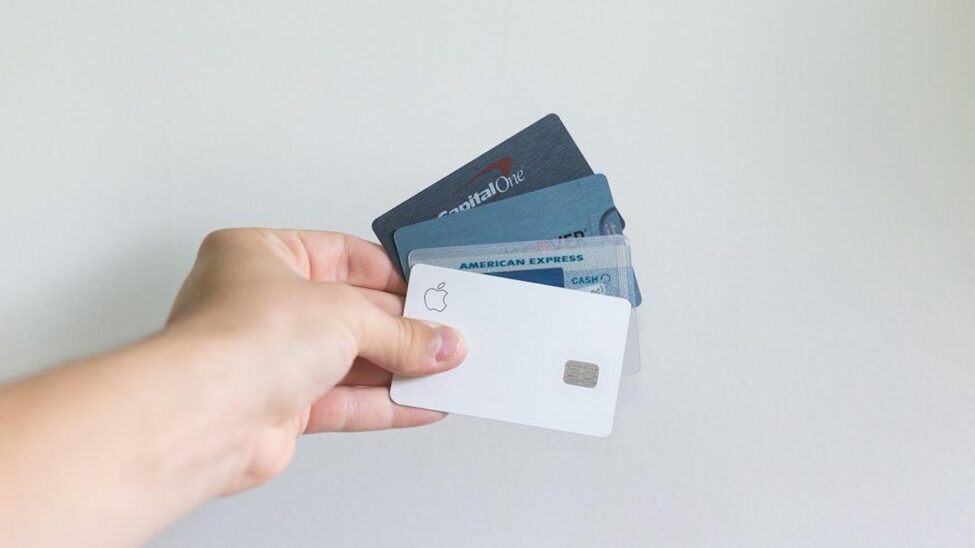
The Pros and Cons of Personal Loans
- Personal loans provide quick and easy access to funds, flexibility in usage, lower interest rates than credit cards, a fixed repayment schedule, and typically require no collateral.
- Drawbacks include potentially high interest rates for those with poor credit, fees and charges (like origination fees), potential negative impact on your credit score, risk of accumulating more debt, and limited borrowing amounts.
- Personal loans are useful for consolidating high-interest debts, covering emergency expenses, and financing major purchases.
- Alternatives to personal loans include credit card balance transfers, home equity loans, and peer-to-peer lending.
Personal loans can be a financial lifeline, offering quick access to funds when you need them most. However, like any financial product, they come with their own set of advantages and disadvantages. Before deciding if a personal loan is right for you, it’s crucial to understand both sides. This guide will help you navigate the pros and cons of personal loans, enabling you to make an informed decision.
What Are Personal Loans?
Personal loans are a type of installment loan provided by banks, credit unions, or online lenders. They typically come with fixed interest rates and are repaid in regular monthly installments over a set period, usually ranging from one to five years.
Common uses for personal loans include:
- Consolidating high-interest debts
- Covering emergency expenses
- Financing large purchases like home renovations or vacations
- Paying for medical bills or other unexpected costs
Pros of Personal Loans
Quick and Easy Access to Funds: One of the main advantages of the best personal loans in Singapore is how quickly you can get the money. Many lenders offer fast approval processes, with funds available within a few days or even hours.
Flexibility in Usage: Unlike some loans that are tied to specific purchases, personal loans can be used for almost any purpose. This flexibility allows you to address various financial needs as they arise.

Lower Interest Rates Compared to Credit Cards: For those with good credit, personal loans often come with lower interest rates than credit cards. This can result in significant savings over time, especially if you’re using the loan to consolidate high-interest credit card debt.
Fixed Repayment Schedule: Personal loans have a set repayment schedule, making it easier to budget your monthly expenses. You’ll know exactly how much you need to pay each month and when the loan will be paid off.
No Collateral Required: Most personal loans are unsecured, meaning you don’t have to put up any assets, such as your home or car, as collateral. This reduces the risk of losing valuable property if you’re unable to repay the loan.
Cons of Personal Loans
Potential for High Interest Rates: While personal loans can offer lower rates than credit cards, this isn’t always the case for everyone. If you have poor credit, you may face higher interest rates, making the loan more expensive.
Fees and Charges: Personal loans often come with additional fees, such as origination fees, which can range from 1% to 8% of the loan amount. Some lenders also charge prepayment penalties if you pay off the loan early.
Impact on Credit Score: Taking out a personal loan can temporarily lower your credit score due to the hard inquiry made during the application process. Additionally, missing payments can significantly harm your credit score.
Risk of Taking on More Debt: If not managed carefully, personal loans can lead to a cycle of debt. Borrowers might take out additional loans to cover existing debts, leading to financial strain.
Limited Borrowing Amount: Personal loans usually have borrowing limits, which might be lower than what you can obtain through other types of loans, such as home equity loans.
When to Consider a Personal Loan
Consolidating High-Interest Debts: If you have multiple high-interest debts, a personal loan can consolidate them into one lower-interest payment, simplifying your finances and potentially saving you money.
Covering Emergency Expenses: When unexpected costs arise, personal loans can provide the funds needed to address them quickly without relying on high-interest credit cards.

Financing Major Purchases: Personal loans can be a viable option for financing significant expenses like home improvements, weddings, or vacations, especially if you prefer a fixed repayment plan over variable credit card rates.
Alternatives to Personal Loans
Credit Card Balance Transfers: For those with good credit, transferring your credit card balance to a card with a 0% introductory APR can be a cost-effective way to manage debt.
Home Equity Loans: If you own a home, a home equity loan or line of credit may offer lower interest rates and higher borrowing limits than personal loans, though these require using your home as collateral.
Peer-to-Peer Lending: Online platforms that connect borrowers with individual investors can sometimes offer competitive rates and terms, providing another alternative to traditional personal loans.
Conclusion
Personal loans offer a mix of benefits and drawbacks that need to be carefully weighed against your financial situation and goals. While they can provide quick and easy access to funds with flexible usage, potential high interest rates and additional fees are important considerations. Before committing, evaluate your needs, explore alternatives, and ensure that a personal loan is the right choice for you.
If you’re considering this option, take the time to research quick and easy personal loans to find the best rates and terms that suit your circumstances. Making an informed decision now can set you on the path to better financial health in the future.





